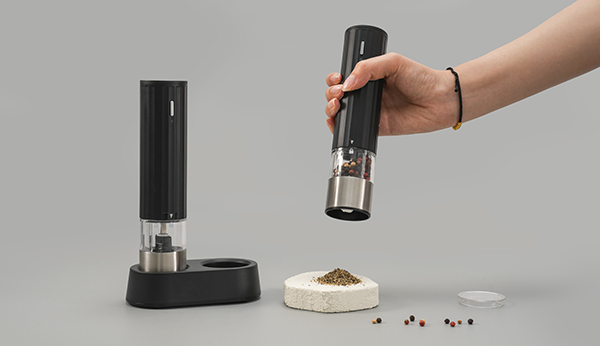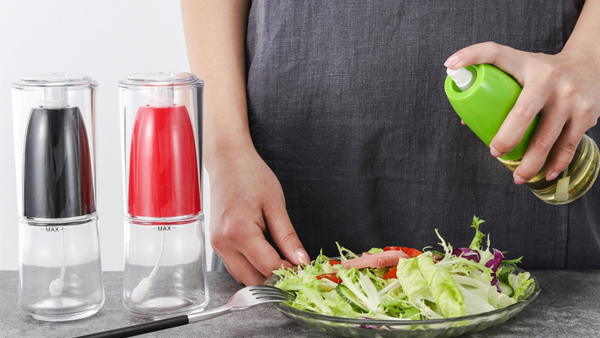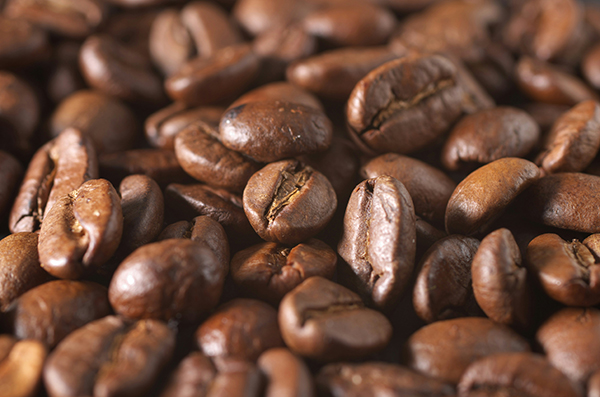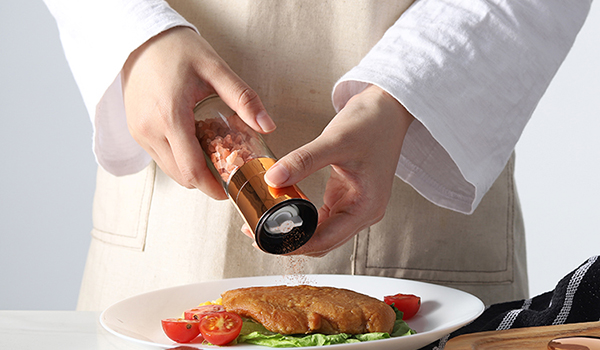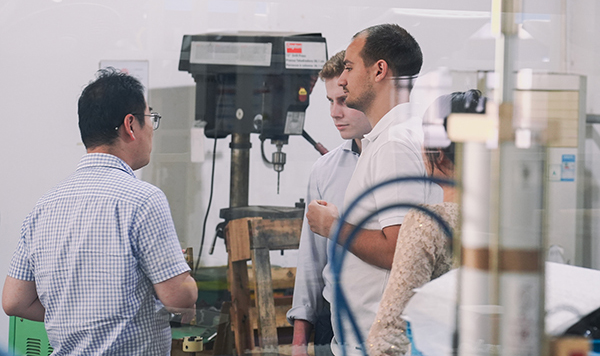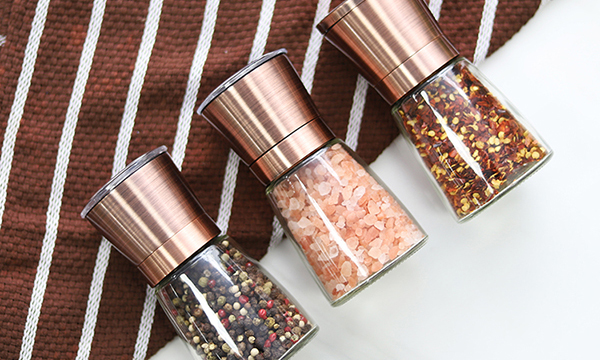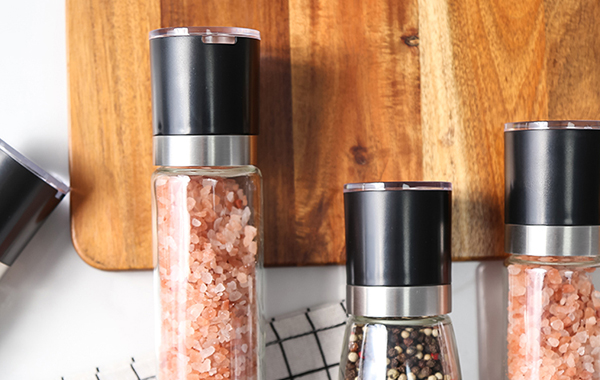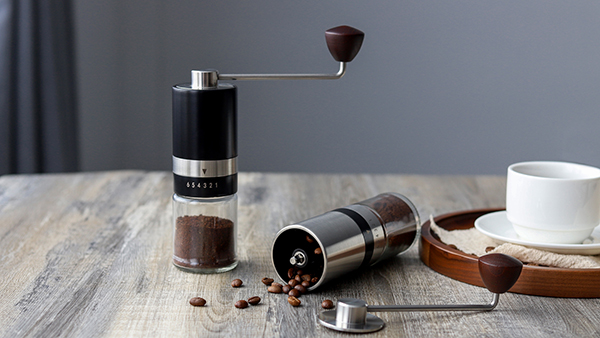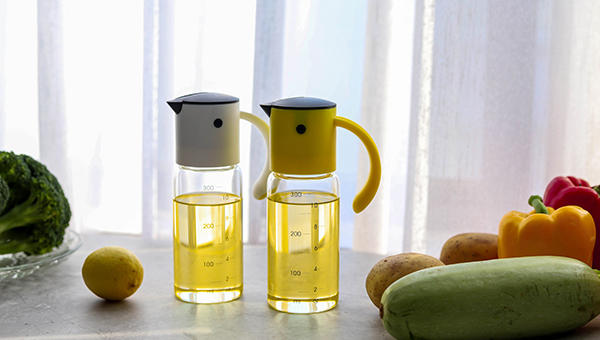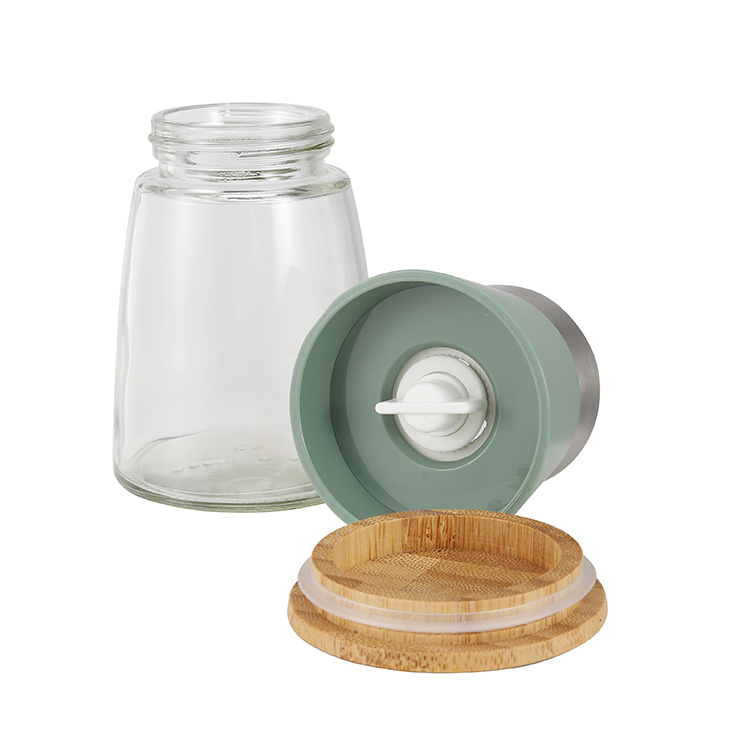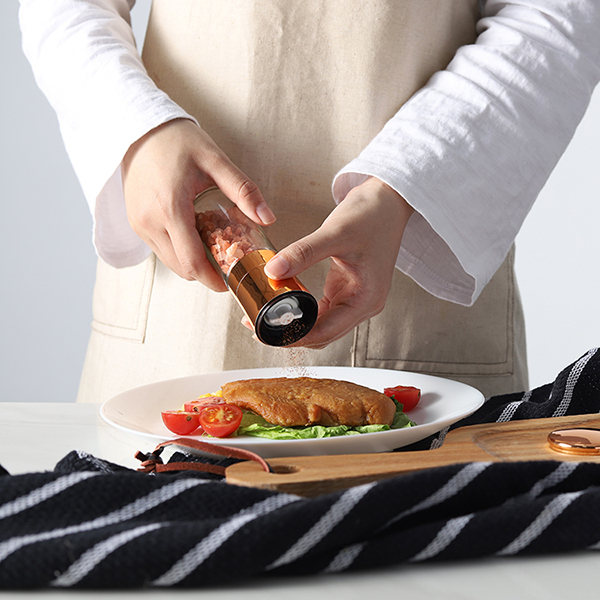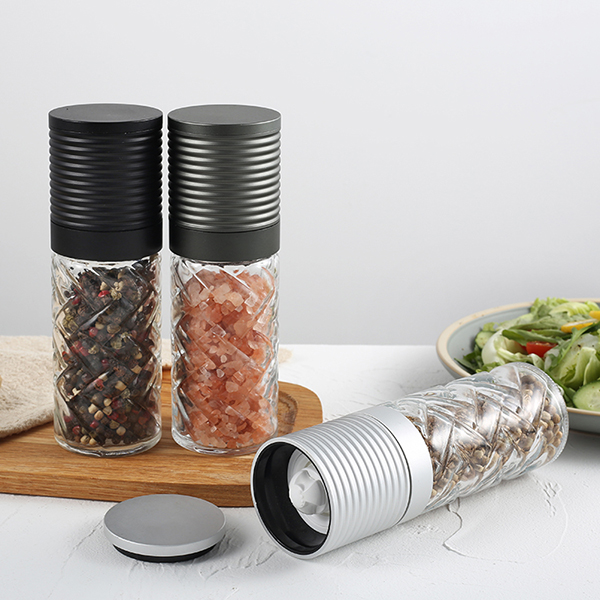Why You Can't Grind Salt in a Pepper Grinder?
Cooking is an art that requires precision and the right tools. Among the many kitchen gadgets, pepper grinders and salt grinders play crucial roles in enhancing flavors. A common question often arises among cooking enthusiasts: Why can't you grind salt in a pepper grinder? Understanding this distinction is essential for successful culinary endeavors. This blog aims to debunk common myths surrounding this topic and provide practical advice on selecting the right tool for each seasoning, ensuring a delightful cooking experience. 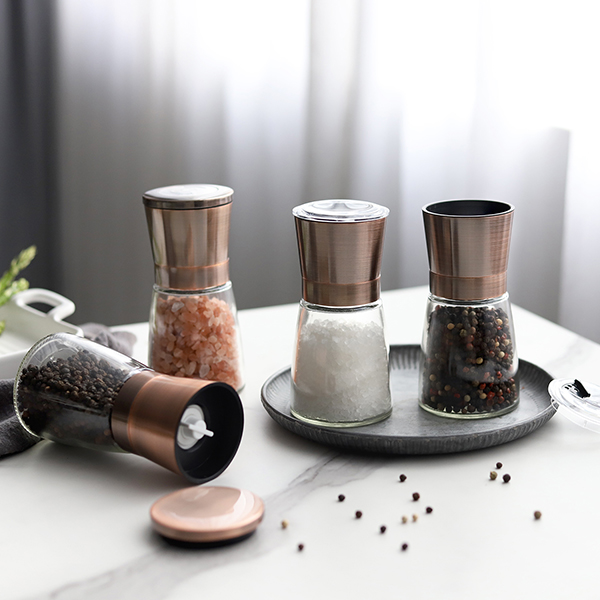
The Mechanics of Grinders
Pepper grinders, also known as pepper mills, are specifically designed to grind whole peppercorns into finer particles. The core components of a pepper grinder include:
1. Grinding Mechanism: Typically made of stainless steel, ceramic, or acrylic, the grinding mechanism is engineered to crush and grind peppercorns efficiently.
2. Adjustment Knob: This allows the user to control the coarseness of the grind, ranging from fine to coarse.
3. Housing and Hopper: These parts hold the peppercorns in place and ensure a steady flow into the grinding mechanism.
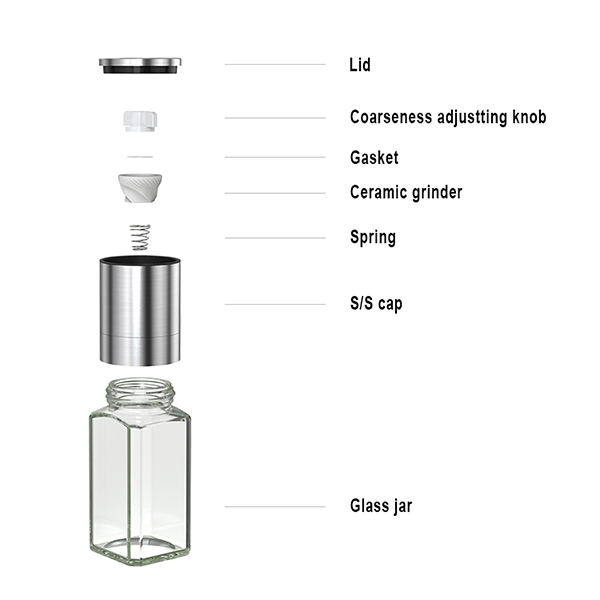
Understanding Salt vs. Pepper
Salt is fundamentally different from pepper in several ways:
1. Hardness: Salt crystals, especially those in sea salt and rock salt, are significantly harder than peppercorns. This hardness can damage or dull the grinding mechanism of a pepper grinder.
2. Corrosiveness: Salt is highly corrosive, especially in the presence of moisture. This can lead to rust and deterioration of metal parts in a pepper grinder, particularly if it is not made from corrosion-resistant materials.
3. Grain Size and Shape: Salt crystals are often larger and more irregular in shape compared to the uniform spherical shape of peppercorns. This irregularity can cause jamming and inconsistent grinding.
Specific Differences in Grinding Mechanisms
Material Considerations:
1. Pepper Grinders: Typically use hardened steel or ceramic. Hardened steel is susceptible to rust if exposed to salt, while ceramics, though more resistant, can still suffer from abrasion over time.
2. Salt Grinders: Often use ceramic grinding mechanisms, which are resistant to salt corrosion and can handle the hardness of salt crystals.
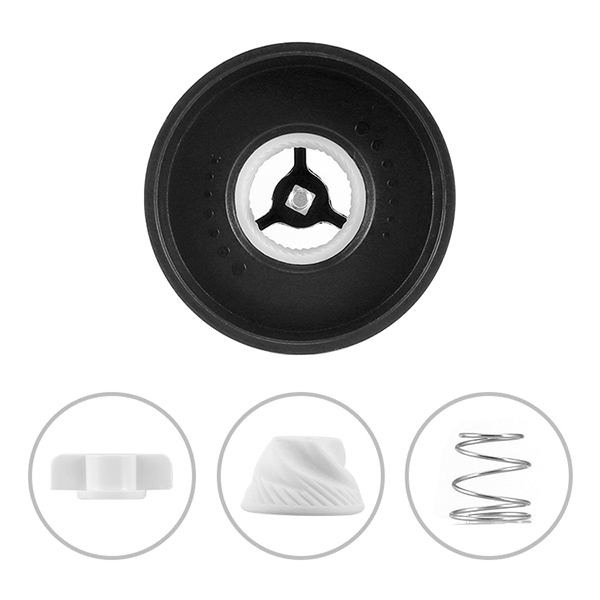
Design and Functionality:
1. Pepper Grinders: The design focuses on cracking and crushing peppercorns, which are oily and require a specific type of friction and grinding action.
2. Salt Grinders: Use a grinding mechanism that shaves and grinds salt crystals into a fine powder, designed to withstand the hard and abrasive nature of salt.
Consequences of Using Salt in a Pepper Grinder
Using salt in a pepper grinder not designed for it can lead to several issues:
1. Damage to the Grinder: The hardness of salt can dull or break the grinding mechanism, leading to inefficient grinding or complete failure.
2. Corrosion: Salt can cause rust and corrosion in metal parts, especially if the grinder is not adequately cleaned and dried after use.
3. Cross-Contamination: Residual salt in a pepper grinder can mix with peppercorns, affecting the flavor and integrity of both seasonings.
Best Practices for Grinding Salt
To avoid these issues, it’s best to use a grinder specifically designed for salt. Here are some best practices:
1. Use a Dedicated Salt Grinder: Invest in a high-quality salt grinder with a ceramic or corrosion-resistant mechanism.
2. Regular Cleaning: Ensure your grinder is regularly cleaned and dried to prevent moisture buildup and corrosion.
3. Use Appropriate Salt: Opt for salts that are suitable for grinding, such as kosher salt, sea salt, or Himalayan pink salt, which are often less likely to cause issues than rock salt.
Selecting the Right Grinder
When choosing a grinder for salt, consider the following factors:
1. Material: Look for grinders with ceramic or stainless steel mechanisms that are resistant to corrosion.
2. Adjustability: Ensure the grinder allows for different levels of coarseness to suit various culinary needs.
3. Durability: Opt for well-built grinders from reputable brands known for their quality and longevity.
At Chinagama, our spice mill designs primarily use ceramic burrs, which effectively grind salt and pepper without the worry of corrosion. The special structure and larger diameter of our grinding mechanism improve efficiency and ensure consistency with every grind. We also offer stainless steel burrs as an option. For bulk purchases and customized salt and pepper grinders, please consider Chinagama as your trusted manufacturer.
Maintenance Tips
1. Regular Cleaning: Clean your salt grinder regularly with coarse salt to remove any residues and maintain its performance.
2. Proper Storage: Avoid exposing your grinder to excessively humid or damp environments, as this can cause the salt to clump.
3. Storage Environment: Store the grinder in a dry environment when not in use to prevent damage from environmental factors.
Choosing the correct utensils as per the dish helps any kitchen artist in excelling its art to an altogether different level. Half the battle is already won if you have picked the right utensil for preparing your dish. In summary, understanding the nuances between salt and pepper grinders is essential for enhancing culinary experiences. By investing in dedicated tools for each ingredient, one ensures optimal flavor extraction and longevity of kitchen equipment. Embrace the art of cooking with precision and elevate your dishes to new heights.



